Literacy
History is the closest subject to literacy. There are many opportunities between the two subjects for cross- curriculum teaching. Teaching history raises standards in literacy because there are many English based activities that are used in history lessons. History lessons require teachers and children to use their literacy skills in reading, writing and speaking and listening. Read more
Sort by:
Date (Newest first) | Title A-Z
Show:
All |
Articles |
Podcasts |
Multipage Articles
-
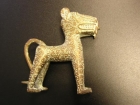
Eweka's story: Benin and Big Picture History
ArticleClick to view -

Exploring the use of historical fiction to support historical learning
ArticleClick to view -
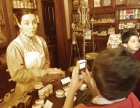
Geosong: a transition project
ArticleClick to view -

Historical fiction: it’s all made up, isn’t it?
ArticleClick to view -

History and language
ArticleClick to view -

History and language
ArticleClick to view -

History book for the literacy hour
ArticleClick to view -

History is literacy: 'doing history' with written and printed sources
ArticleClick to view -
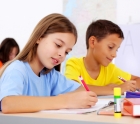
In My View: Children Writing History
ArticleClick to view -

In My View: Creativity & History
ArticleClick to view -

In My View: Writing History
ArticleClick to view -

Investigating children's awareness of changing values and attitudes through stories written in the past
ArticleClick to view -
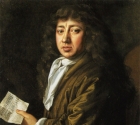
KS1: Teaching about significant individuals
ArticleClick to view -

Learning to engage with documents through role play
ArticleClick to view -

Literacy Time Plus+ My Writing Progress Record
ArticleClick to view -

Literacy, text-genres and history: reading and learning from difficult and challenging texts
ArticleClick to view -

Mini Scaffolds: Charts, Concept webs, Diagrams, Mini-Frames
ArticleClick to view -

Multi-modality and writing history
ArticleClick to view -
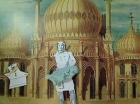
Museums, schools and creativity: How learning can be enhanced
ArticleClick to view -
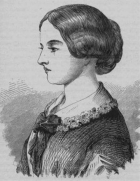
OFSTED, primary history and creativity
ArticleClick to view

